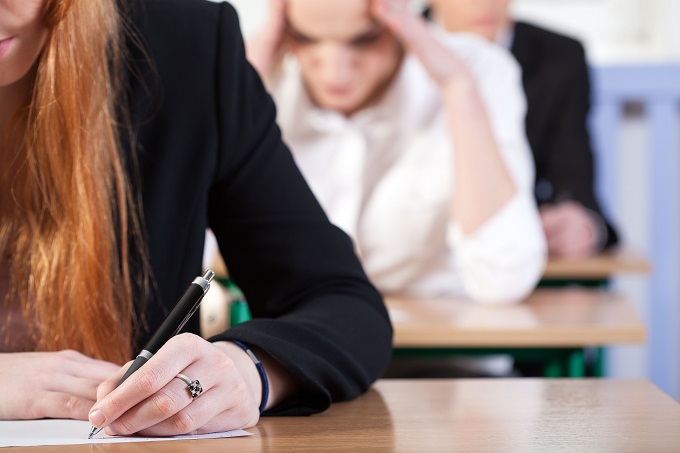
“New Zealand has an education system to be proud of, but as the way we work and live continues to rapidly change, so too do the demands on our education system. Over the next three years, we can make significant progress in changing our education system to provide for all New Zealanders,” Mr Hipkins said.
“The education system should bring out the best in everyone, providing all New Zealanders with learning opportunities so they can discover and develop their full potential, engage fully in society, and lead rewarding and fulfilling lives.
“There are, however, still some major constraints holding us back. Too many of the policy settings for the education portfolio, particularly those focused on accountability and compliance, are rooted in a 20th Century mind set.
“A focus on standardisation and measurement over the past few years has worked against an ability to future-proof education. It was backward looking and simply won’t cut it in the future. Schools say there is too much red tape that has stifled creativity and innovation.
“We need to change that. We need a system – from the cradle to the grave – that is inclusive, that can adapt to the needs of the modern world. It needs to engage every learner – in a much more personalised learning experience. We need our people to be resilient, creative and adaptable, able to work collaboratively as well as independently.
The work programme includes the NCEA review, a review of Tomorrow’s Schools, developing a future-focused Education Workforce Strategy, a continuous focus on raising achievement for Māori and Pasifika learners, an action plan for learning support, an early learning strategic plan, a comprehensive review of school property.
It will also include a programme of change for vocational education, a full review of the Performance Based Research Fund and better support for the research aspirations of our tertiary sector.
“Each of these workstreams needs to include explicit consideration of the impact for Māori and Pasifika learners, supporting provision through Māori medium education and students who are disabled or have additional learning support needs.”
The Cabinet paper about the education portfolio work programme is available here: http://www.education.govt.nz/education-portfolio-work-programme
Mr Hipkins said achieving successful change “will not happen by dictating what ought to be done”.
“Education is a portfolio where success depends on broad engagement and shared ownership. We will need to work in a way that respects, engages and draws in educators together with parents and whānau, iwi, employers and the wider community.”
The government’s work programme for 2018 will focus on refining, articulating and getting shared ownership of a vision for the education system, reviewing some key aspects of the system and refreshing the strategies for the education portfolio.
Education summit
“A whole-of-portfolio Education Summit process will be the key vehicle to refine and enable shared ownership of this vision, and will inform the development of strategies in support.
“To realise this, I want to work with the education system and all its participants in a more collaborative way to set the direction of travel and agree shared priorities for education – from early learning, schooling and tertiary through to lifelong learning,” Mr Hipkins said.
The Education Summit, most likely to be held in May, will be the keystone of a national conversation about what New Zealanders want their education system to look like, Mr Hipkins said.
“I want children, young people and adult learners, their parents, whānau, communities, Māori and Pasifika, teachers, researchers and education leaders at all levels, disability organisations and employers and industry to participate in the events we will be organising, both at the Summit and afterwards.”
A new report from the University of Auckland’s Our Voices Project asks young people what…
The government has opened a tender for new standardised assessment tests, leaving educators shocked and…
Early in her career, Kiri Turketo found inspiration in an unlikely source. In this Principal…
Real stories of dedication, challenges, and triumphs from educators in NZ. Part six comes from…
Is fast furniture impacting your school's environmental footprint? We explore eco-friendly solutions to reduce furniture…
A new report from the New Zealand Initiative argues we need a stronger and clearer…
This website uses cookies.